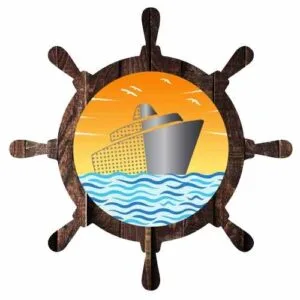OCTCO Exit Exam 2025
OCTCO Exit Exam Questions
The OCTCO Course (Basic Training for Oil and Chemical Tanker Cargo Operation) is a 6-day mandatory training program for seafarers who wish to join the oil, chemical or even gas tanker. After completing OCTCO Course, candidates must take the OCTCO Exit Exam to be eligible to sail in the oil/chemical and gas carrier. Without OCTCO and basic DCE, you cannot sail in any tanker ship.
The OCTCO Exit Exam consists of 30 multiple-choice questions, and the exam duration is 30 minutes. Each question carries 1 mark, and candidates must score at least 15 marks to pass the exam.
Topics Covered in OCTCO Exit Exam
The OCTCO Exit Exam are generally based on the core areas of the course, including:
Cargo properties and hazards
International regulations and conventions
Cargo handling systems
Tank cleaning and gas freeing
Inert gas system and crude oil washing
Safety and pollution prevention
Students should practice these topics from the Exit Exam PYQs give below to pass the OCTCO Exit Exam in the first attempt.
OCTCO Exit Exam Previous Year Questions
We have collected the most commonly asked OCTCO PYQs and gathered them in a test series that you can practice to clear your OCTCO Exit Exam. This test will help you to understand the type of questions that are being asked in the OCTCO exit exam.
Who Needs OCTCO Course?
OCTCO Course is compulsory course for seafarers who are going to sail on an oil tanker for the first time and does not posses any Dangerous Cargo Certificate to work on board oil or chemical tankers. OCTCO Course makes the seafarer eligible to sail in oil tanker by teaching about the safety and cargo handling procedure you need to follow while onboard a chemical or oil tanker. Without OCTCO Course, you cannot apply for the Basic Oil DCE which is another document that is compulsory if you are going onboard for the first time. So, now you know whether you need to book the OCTCO Course or not.
